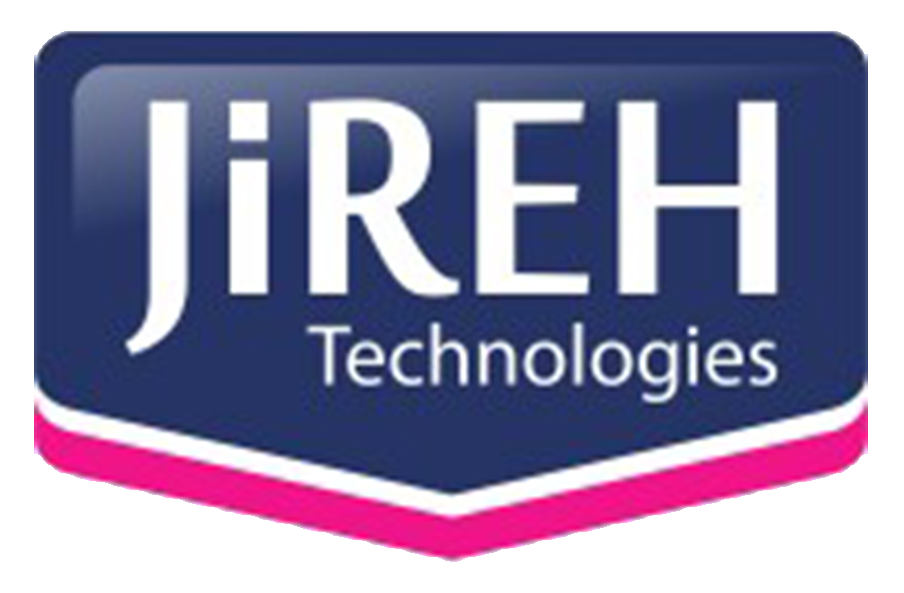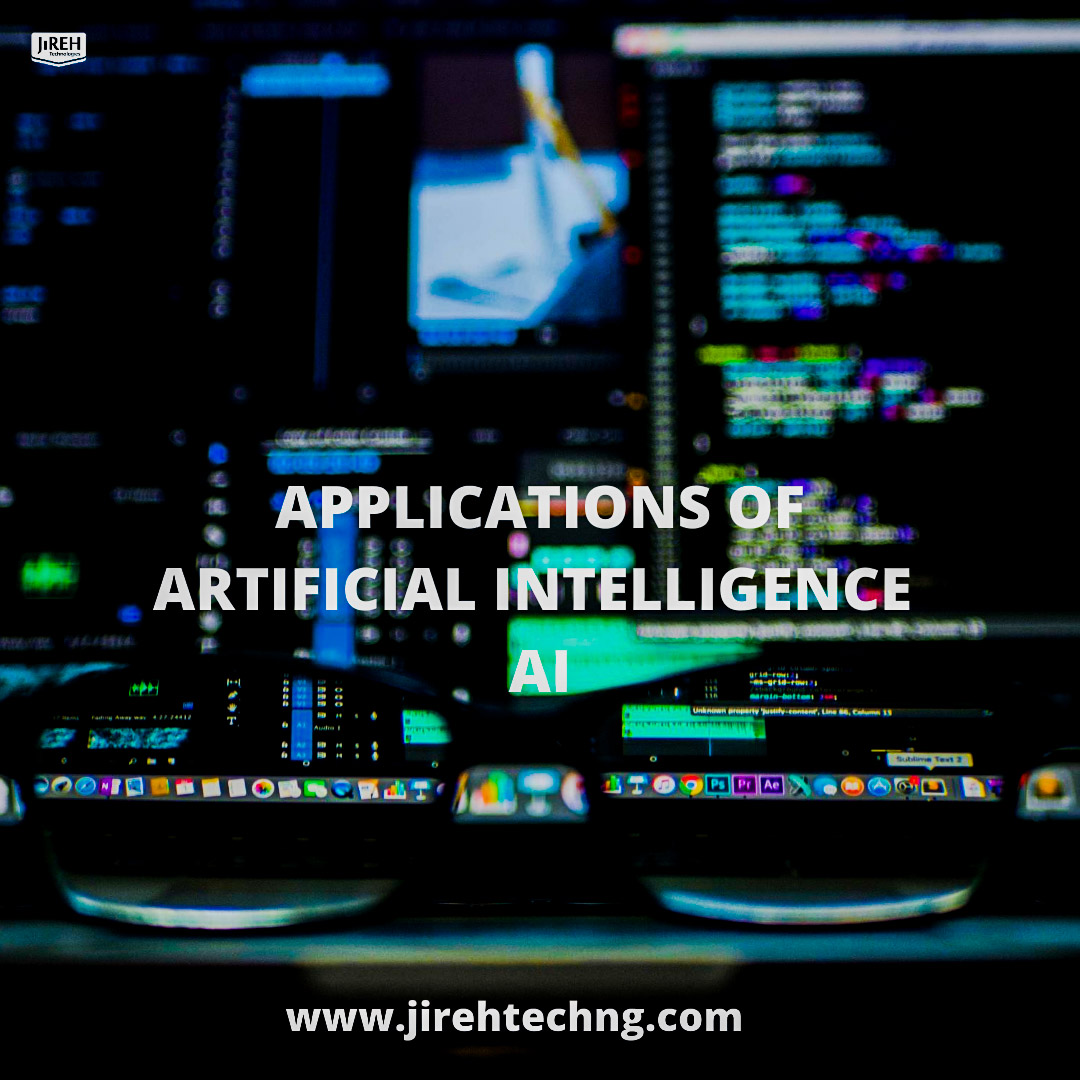Artificial intelligence (AI), sometimes called machine intelligence, is intelligence demonstrated by machines, unlike the natural intelligence displayed by humans and animals. Leading AI textbooks define the field as the study of “intelligent agents”: any device that perceives its environment and takes actions that maximize its chance of successfully achieving its goals. Colloquially, the term “artificial intelligence” is often used to describe machines (or computers) that mimic “cognitive” functions that humans associate with the human mind, such as “learning” and “problem-solving”.
Beyond our quantum-computing conundrum, today’s so-called A.I. systems are merely advanced machine learning software with extensive behavioral algorithms that adapt themselves to our likes and dislikes. While extremely useful, these machines aren’t getting smarter in the existential sense, but they are improving their skills and usefulness based on a large dataset.
These are some of the most popular examples of artificial intelligence that are being used today.
1 — Siri
Everyone is familiar with Apple’s personal assistant, Siri. She’s the friendly voice-activated computer that we interact with on a daily basis. She helps us find information, gives us directions, add events to our calendars, helps us send messages and so on. Siri is a pseudo-intelligent digital personal assistant. She uses machine-learning technology to get smarter and better able to predict and understand our natural-language questions and requests.
2 — Alexa
Alexa’s rise to become the smart home’s hub, has been somewhat meteoric. When Amazon first introduced Alexa, it took much of the world by storm. However, its usefulness and its uncanny ability to decipher speech from anywhere in the room has made it a revolutionary product that can help us scour the web for information, shop, schedule appointments, set alarms and a million other things, but also help power our smart homes and be a conduit for those that might have limited mobility.
3 — Tesla
If you don’t own a Tesla, you have no idea what you’re missing. This is quite possibly one of the best cars ever made. Not only for the fact that it’s received so many accolades, but because of its predictive capabilities, self-driving features and sheer technological “coolness.” Anyone that’s into technology and cars needs to own a Tesla, and these vehicles are only getting smarter and smarter thanks to their over-the-air updates.
4 — Cogito
Originally co-founded by CEO, Joshua Feast and, Dr. Sandy Pentland, Cogito is quite possibly one of the most powerful examples of behavioral adaptation to improve the emotional intelligence of customer support representatives that exists on the market today. The company is a fusion of machine learning and behavioral science to improve the customer interaction for phone professionals. This applies to millions upon millions of voice calls that are occurring on a daily basis.
5 — Boxever
Boxever, co-founded by CEO, Dave O’Flanagan, is a company that leans heavily on machine learning to improve the customer’s experience in the travel industry and deliver ‘micro-moments,’ or experiences that delight the customers along the way. It’s through machine learning and the usage of A.I. that the company has dominated the playing field, helping its customers to find new ways to engage their clients in their travel journeys.
6 — John Paul
John Paul, a highly-esteemed luxury travel concierge company helmed by its astute founder, David Amsellem, is another powerful example of potent A.I. in the predictive algorithms for existing-client interactions, able to understand and know their desires and needs on an acute level. The company powers the concierge services for millions of customers through the world’s largest companies such as VISA, Orange and Air France, and was recently acquired by Accor Hotels.
7 — Amazon.com
Amazon’s transactional A.I. is something that’s been in existence for quite some time, allowing it to make astronomical amounts of money online. With its algorithms refined more and more with each passing year, the company has gotten acutely smart at predicting just what we’re interested in purchasing based on our online behavior. While Amazon plans to ship products to us before we even know we need them, it hasn’t quite gotten there yet. But it’s most certainly on its horizons.
8 — Netflix
Netflix provides highly accurate predictive technology based on customer’s reactions to films. It analyzes billions of records to suggest films that you might like based on your previous reactions and choices of films. This tech is getting smarter and smarter by the year as the dataset grows. However, the tech’s only drawback is that most small-labeled movies go unnoticed while big-named movies grow and balloon on the platform.
9 — Pandora
Pandora’s A.I. is quite possibly one of the most revolutionary techs that exists out there today. They call it their musical DNA. Based on 400 musical characteristics, each song is first manually analyzed by a team of professional musicians based on this criterion, and the system has an incredible track record for recommending songs that would otherwise go unnoticed but that people inherently love.
10 — Nest
Most everyone is familiar with Nest, the learning thermostat that was acquired by Google in January of 2014 for $3.2 billion. The Nest learning thermostat, which, by the way, can now be voice-controlled by Alexa, uses behavioral algorithms to predictively learn from your heating and cooling needs, thus anticipating and adjusting the temperature in your home or office based on your own personal needs, and also now includes a suite of other products such as the Nest cameras.
R.L. Adams



